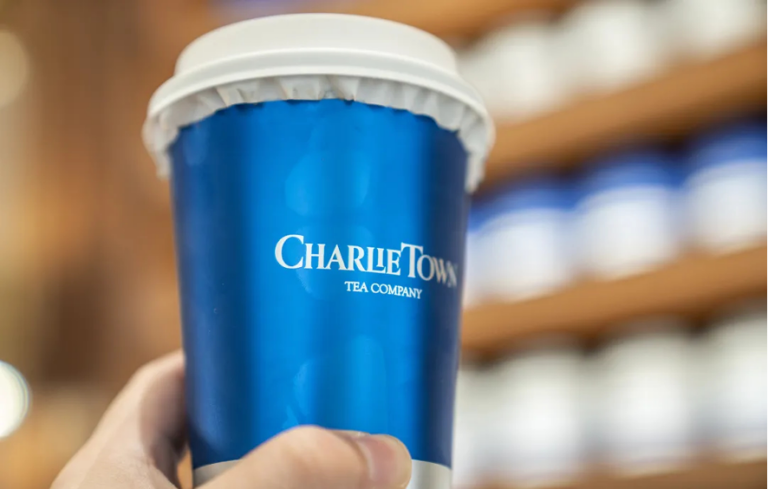While traditional milk tea in China has been losing its popularity among young people nationwide in the past few years, new-style tea brands appear to be gaining momentum. According to a newly released report on China’s new-style tea market by the China Chain Store & Franchise Association and Meituan, the market size of the new-style tea industry in China is estimated to have reached 149.8 billion yuan in 2023 and is expected to surpass 200 billion yuan by 2025.
Download our report on Gen Z consumers

China’s 315 Gala insights: rising health consciousness and consumer rights
In recent years, there has been growing health awareness among Chinese consumers, accelerated by the COVID-19 pandemic, leading to trends such as low-calorie, sugar-free, and an emphasis on natural ingredients in food and beverages. However, at this year’s 315 Consumer Rights Gala, an annual event aimed at raising awareness about consumer rights and exposing any fraudulent or unethical practices, several well-known milk tea brands across the country were singled out and embroiled in public opinion controversies. For example, Chabaidao (茶百道) was exposed for using rotten fruit in their beverages and the misuse of expired ingredients. Other well-known brands such as More Yogurt (茉酸奶) and Chayan Yuese (茶颜悦色) were also on the list.
Weibo buzz: unraveling the fate of exposed milk tea brands
On Weibo, Chinese netizens were having a heated discussion regarding #what happened to the milk tea brands being exposed on March 15th# (315点名的奶茶怎么样了) in the 3rd week of March, garnering more than 12.79 million views. In response to this, many netizens expressed their concern over safety issues, as many of them enjoy drinking milk tea quite frequently. Some netizens, on the other hand, said they would continue to support these brands, considering how promptly they addressed the issue.

Business implication from the milk tea exposé
Importance of transparency and ethical practices
The controversies surrounding well-known milk tea brands highlight the critical importance of transparency and ethical practices in the food and beverage industry. The recent trends show that Chinese consumers are increasingly conscious of issues such as food safety, ingredient quality, and ethical sourcing. Besides, the consumers are vocal on social media platforms, like Weibo, which magnifies the reputational damage to the brands.
Opportunities for innovation and differentiation
Amidst changing consumer preferences and heightened awareness of health and ethical issues, there are opportunities for businesses to innovate and differentiate themselves in the market. As such by offering unique and health-conscious beverage options, leveraging natural ingredients, and adopting sustainable practices, brands can attract and retain Chinese consumers who prioritize health, sustainability, and transparency.
Healthier options preferred: lessons from milk tea controversies
- New-style tea brands gain traction as traditional milk tea declines, signaling a preference for healthier options.
- Milk tea controversies emphasize the need for transparency and ethical practices in sourcing and operations.
- Prompt and transparent communication on social media is vital to mitigate reputational damage and rebuild trust.
- Businesses can thrive by innovating with health-conscious options, natural ingredients, and sustainability practices.
- Investing in diverse beverage options aligns with consumers prioritizing health, sustainability, and transparency.





